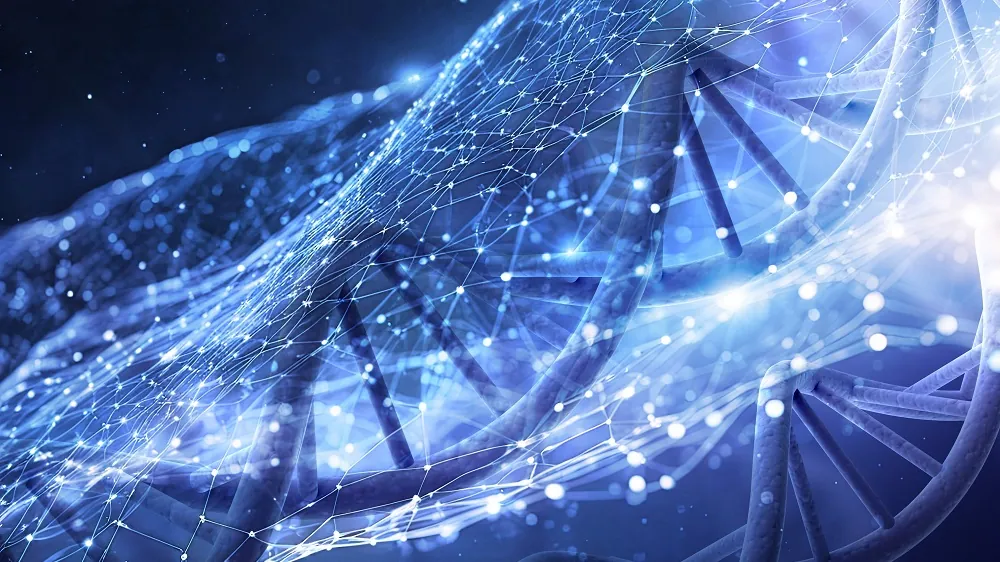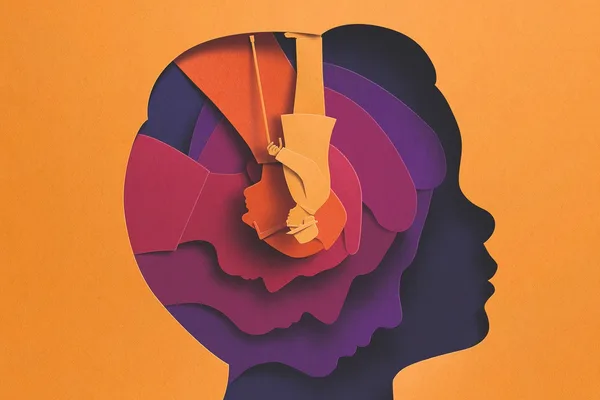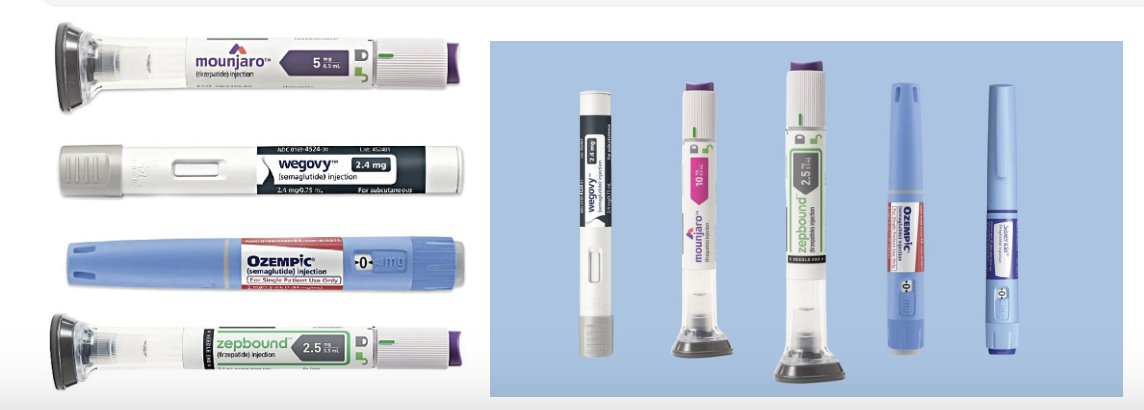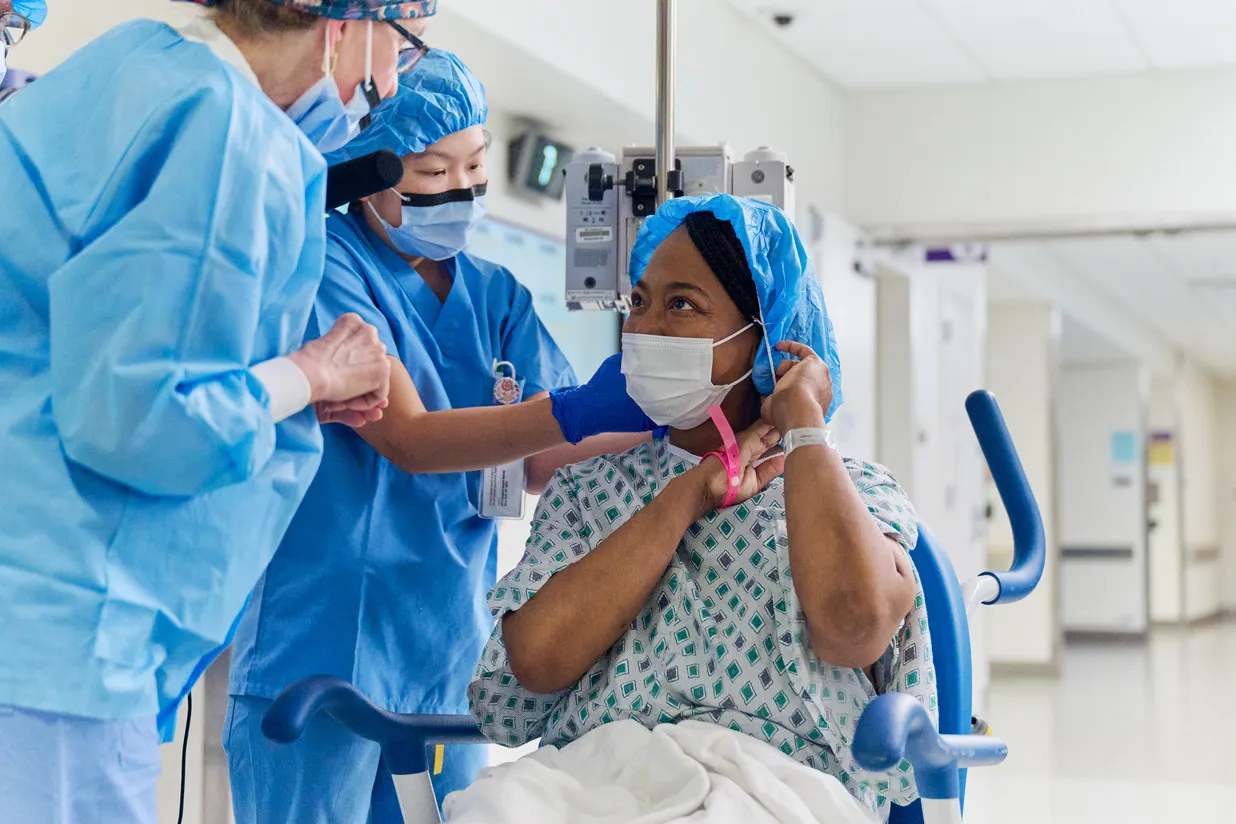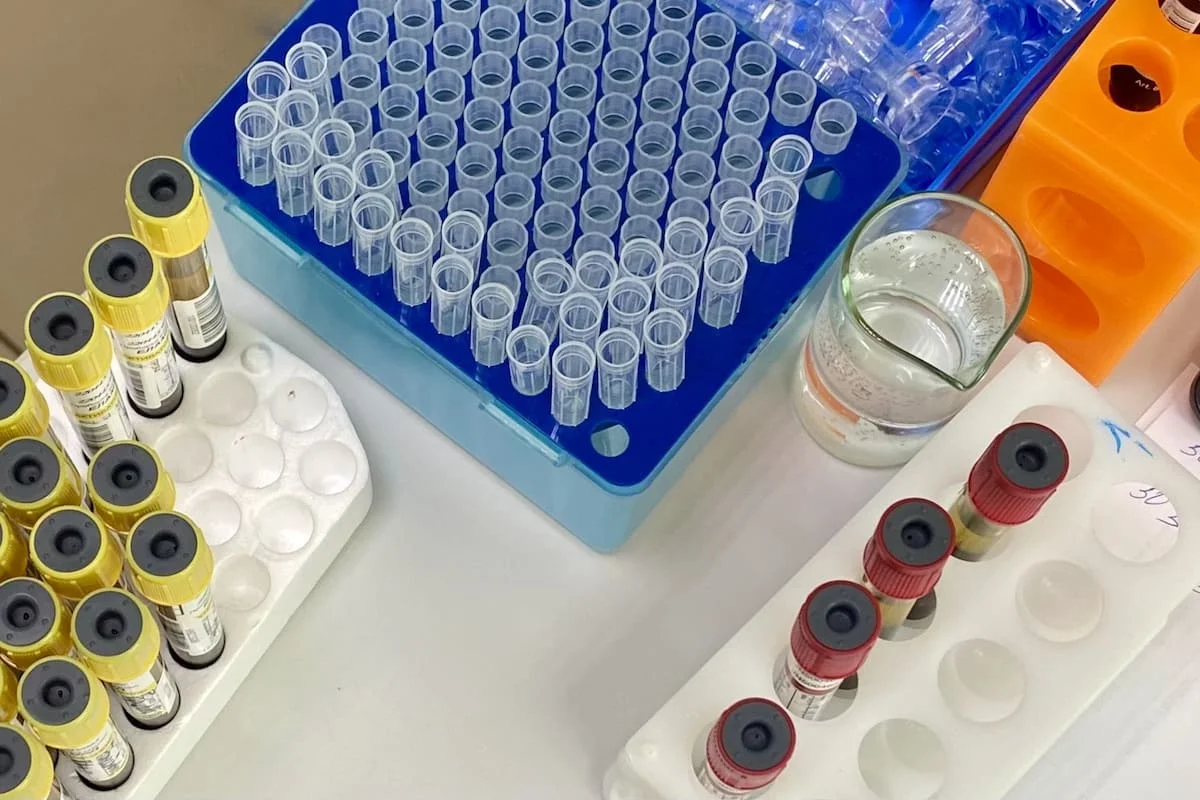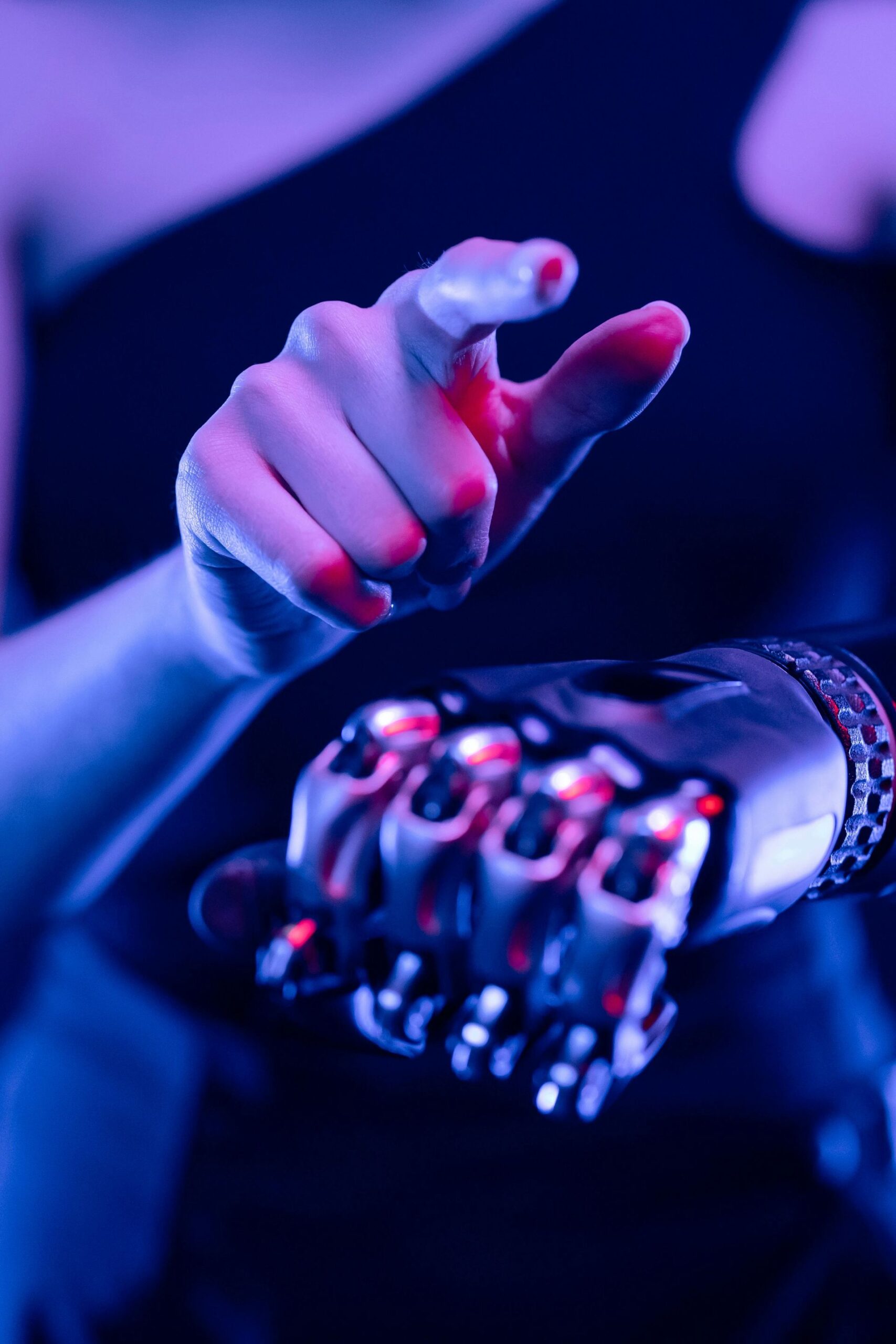How Intense Exercise Shapes Aging
A groundbreaking study on Hungarian Olympic champions reveals that intensive physical training can slow down epigenetic aging and alter gene expression. This research explores how high-performance athletes maintain lower age acceleration compared to non-athletes, providing insights into the long-term benefits of exercise at the cellular level.
Exercise is already known to combat aging-related diseases and molecular changes, improve cognition, reduce inflammation, and promote autophagy—a cellular process linked to longevity. However, the effects of sustained, high-intensity training remain less understood. Olympic athletes, who begin rigorous exercise early and maintain it for years, offer a unique lens to study how long-term physical activity affects the epigenome.
Epigenetic Clocks and Age Acceleration
Researchers analyzed the epigenetic age of 59 Hungarian Olympic gold medalists (10 women and 49 men) and 329 non-athlete controls, including master rowers and untrained individuals. Using various epigenetic clocks, they found that Olympic champions—both men and women—experienced significantly reduced age acceleration compared to non-champions. Notably, male champions had longer DNAm-derived telomere lengths, a marker of cellular longevity, compared to non-athletes.
For women, the Hannum and Skin-Blood clocks indicated slower epigenetic aging in Olympic champions, while the PhenoAge clock showed similar results for men. However, differences emerged when comparing recent medalists to past medalists. Male recent medalists displayed lower epigenetic age acceleration than past medalists, whereas female recent medalists showed higher acceleration.
Sports and Aging: Does the Type of Training Matter?
The study also examined how different sports impact epigenetic aging. Male athletes in sports like gymnastics, fencing, and water polo showed lower age acceleration compared to wrestlers, likely due to variations in training intensity, diet, and other factors. These findings align with earlier research showing that gymnastics and fencing extend male athletes’ lifespans by 8.2 and 6.6 years, respectively, while wrestling had only a minor impact.
Cellular-Level Insights
At a granular level, the researchers analyzed methylation patterns across specific genes. They found that hypomethylated genes, which are more likely to be expressed, were linked to cellular signaling, differentiation, and force generation. Hypermethylated genes, typically silenced, included those involved in tumor suppression, telomere maintenance, and fertility. These differences suggest that long-term exercise induces lasting epigenetic changes, even after athletes retire.
Implications for Longevity
This study emphasizes how starting intense physical activity during adolescence and maintaining it through adulthood creates lasting epigenetic benefits. As Olympic-level training continues to reshape gene expression and telomere maintenance, these findings could inform new strategies for promoting longevity and healthier aging.

